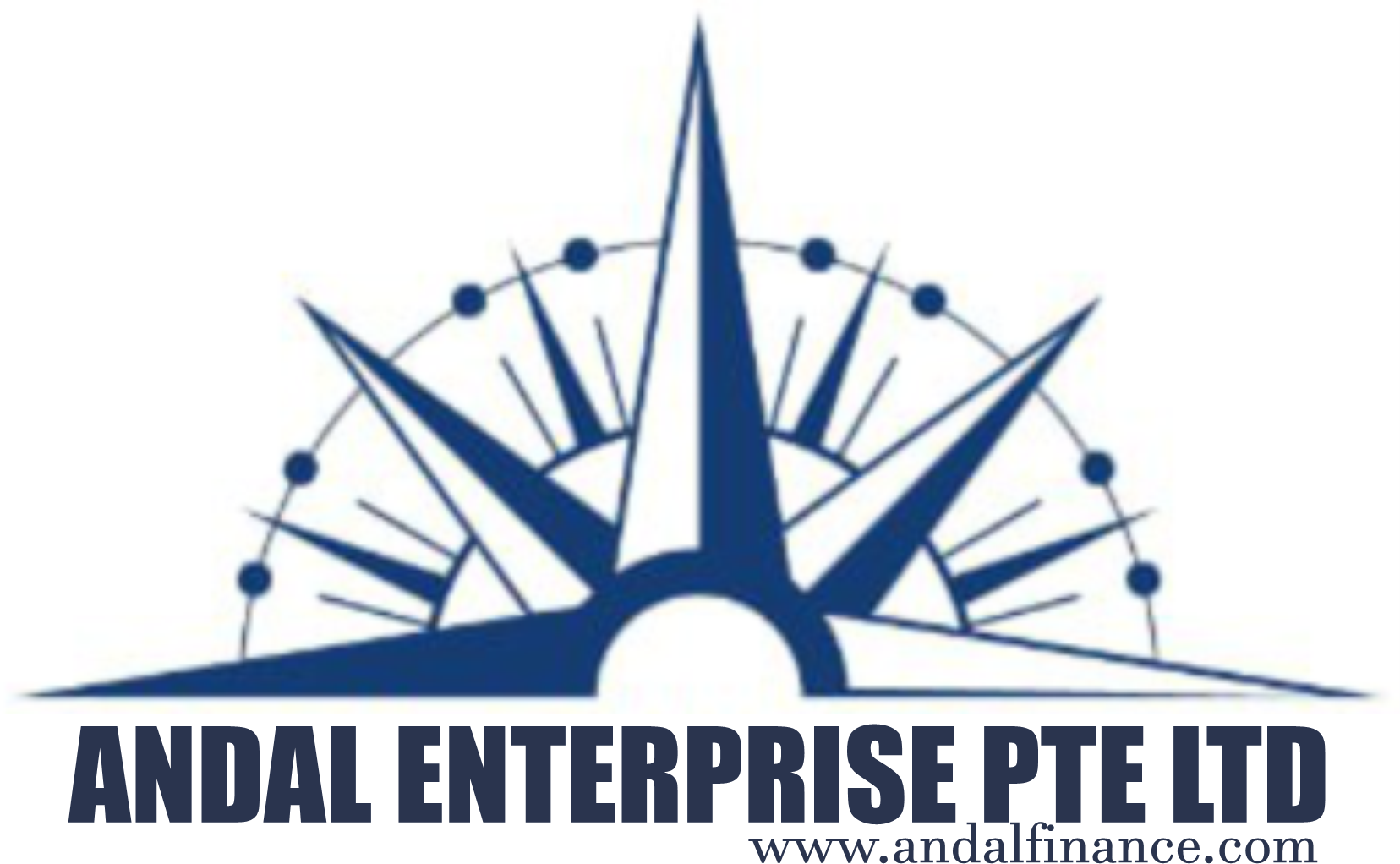
Tax optimization is a financial strategy employed to minimize an individual’s or organization’s tax liability while remaining in compliance with tax laws and regulations. Andal Finance offers tax optimization services to help clients efficiently manage their taxes and retain more of their hard-earned wealth. Here are key aspects of tax optimization:
Tax Planning: Tax optimization begins with careful tax planning. This involves assessing an individual’s or business’s financial situation, income sources, deductions, and credits to develop a strategy that legally minimizes tax liabilities.
Income Tax Reduction Strategies: Implementing strategies to reduce taxable income, such as maximizing deductions, utilizing tax-advantaged accounts (e.g., IRAs, 401(k)s), and taking advantage of available tax credits.
Investment Tax Efficiency: Managing investments with a focus on tax efficiency. Strategies may include tax-loss harvesting, asset location (placing tax-efficient investments in taxable accounts), and using tax-advantaged investment vehicles.
Estate Tax Planning: Structuring the estate to minimize potential estate taxes through methods like gifting, trusts, and leveraging the estate tax exemption.
Tax-Efficient Withdrawal Strategies: Determining the most tax-efficient way to withdraw funds from retirement accounts, investment portfolios, and other assets during retirement to minimize tax impact.
Capital Gains Management: Strategically managing capital gains by timing asset sales to take advantage of favorable tax rates or offsetting gains with losses.
Business Tax Strategies: For business owners, employing tax-efficient strategies such as choosing the right business structure (e.g., sole proprietorship, LLC, S-corporation), maximizing business deductions, and utilizing available tax incentives.
Tax-Efficient Charitable Giving: Structuring charitable donations to maximize deductions and minimize taxes through methods like donor-advised funds and charitable remainder trusts.
State and Local Tax (SALT) Optimization: Managing state and local taxes efficiently, which may involve residency planning and understanding local tax laws.
Tax Reporting and Compliance: Ensuring accurate and timely tax reporting and compliance with all applicable tax laws and regulations.
Retirement Distribution Planning: Creating a strategy for required minimum distributions (RMDs) from retirement accounts to meet IRS requirements while managing tax consequences.
Long-Term Tax Planning: Developing a long-term tax strategy that aligns with an individual’s or organization’s financial goals and life events.
Review of Recent Tax Legislation: Staying up-to-date with changes in tax laws and regulations to adapt tax strategies accordingly.
Document Retention: Maintaining organized and complete records of financial transactions, deductions, and credits to support tax filings and claims.
Tax-Efficient Investing: Choosing investment vehicles and strategies that consider tax implications, such as tax-exempt bonds and tax-efficient ETFs.
Andal Finance tax optimization services are designed to help clients navigate the complex world of taxation and ensure that they take advantage of all available opportunities to reduce their tax burden. By working closely with clients and staying informed about tax law changes, Andal Finance aims to help clients retain more of their wealth and achieve their financial goals while staying compliant with tax regulations.





